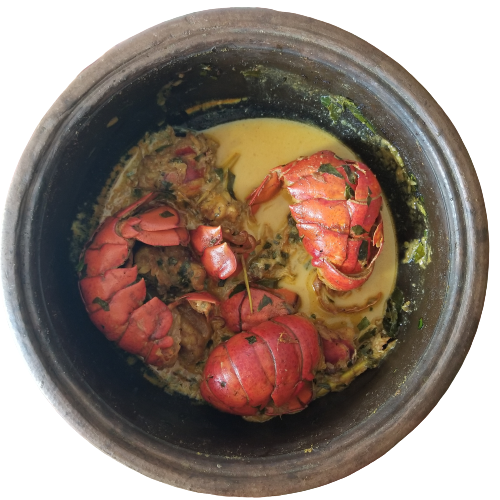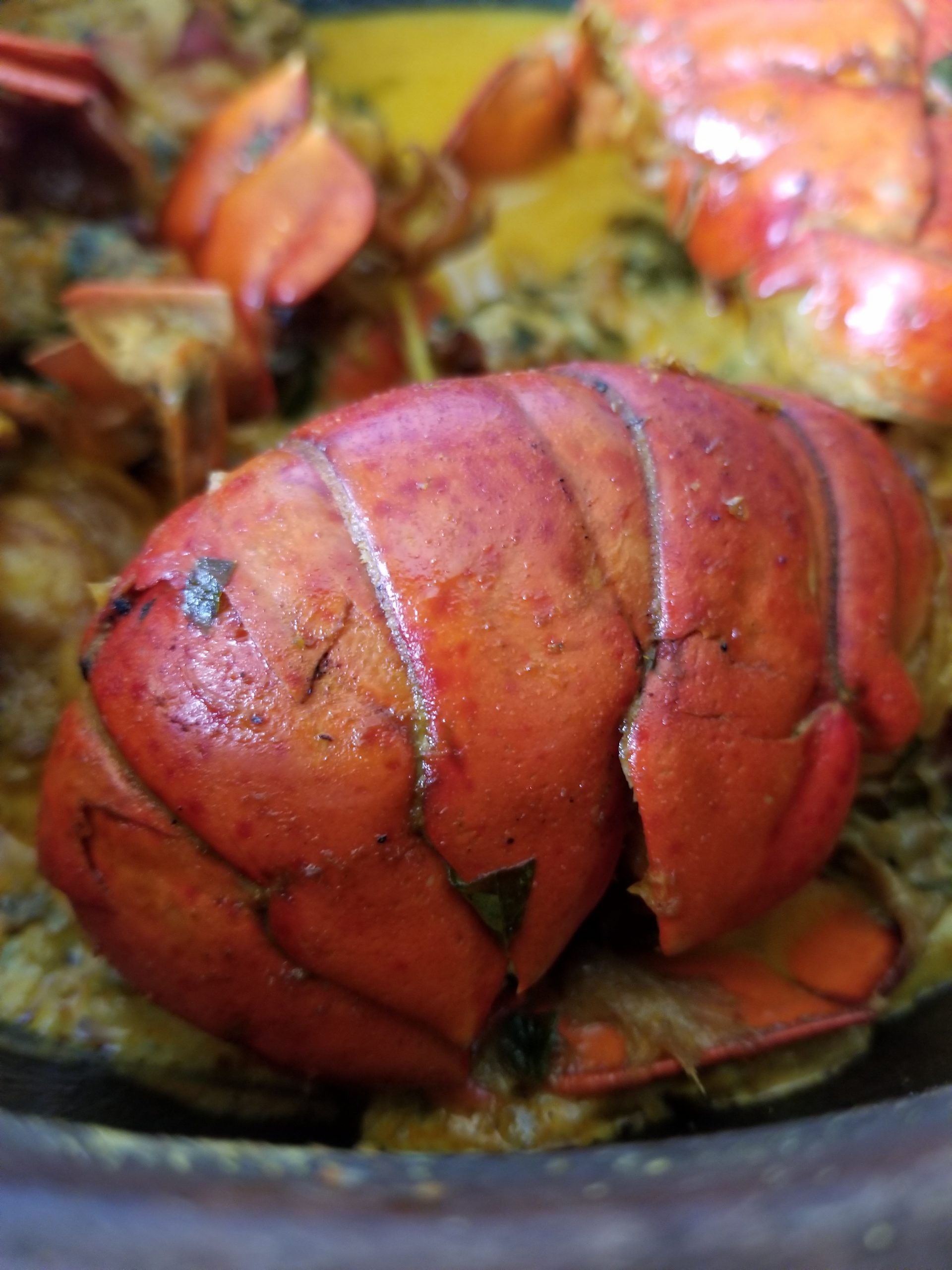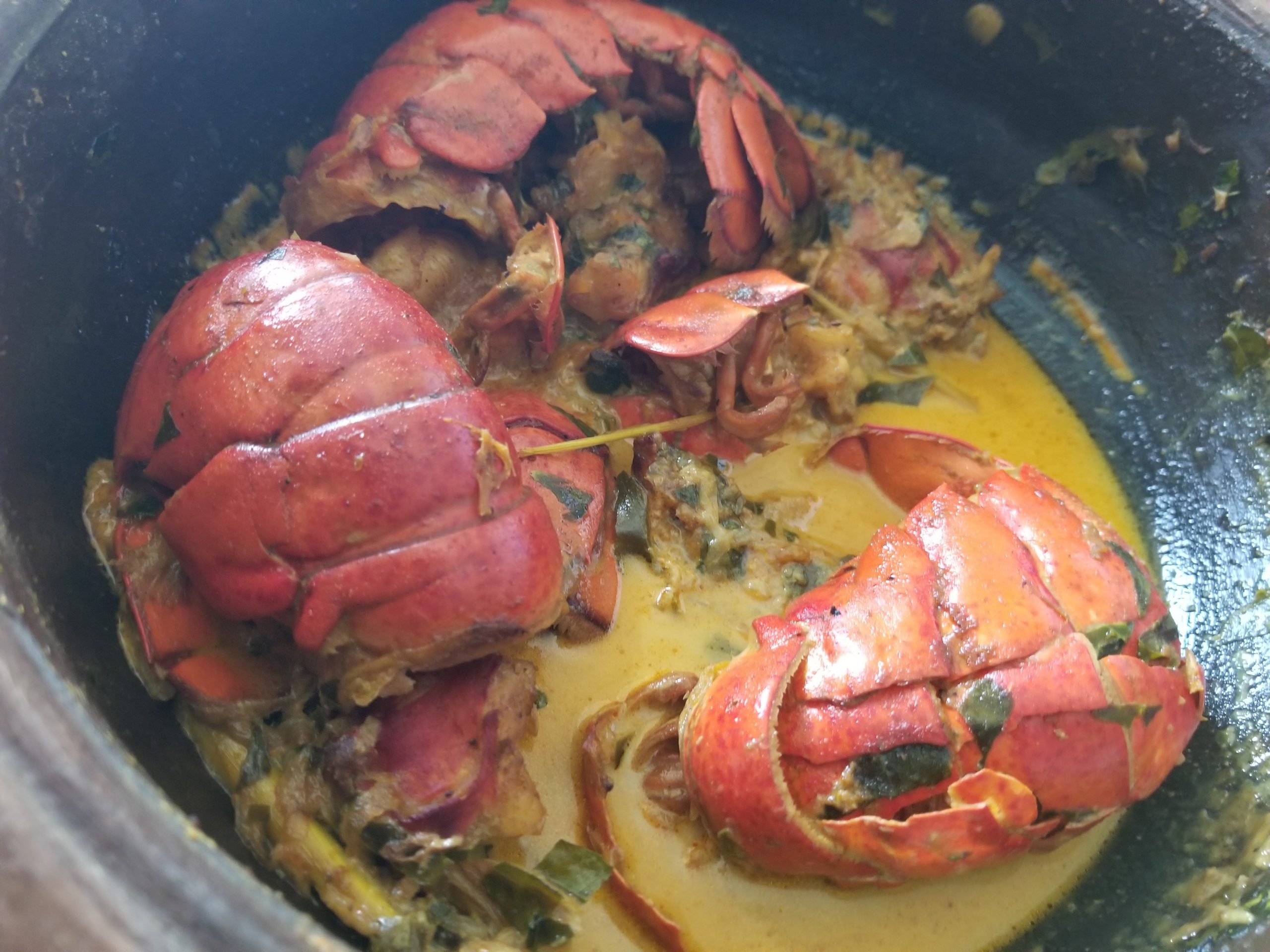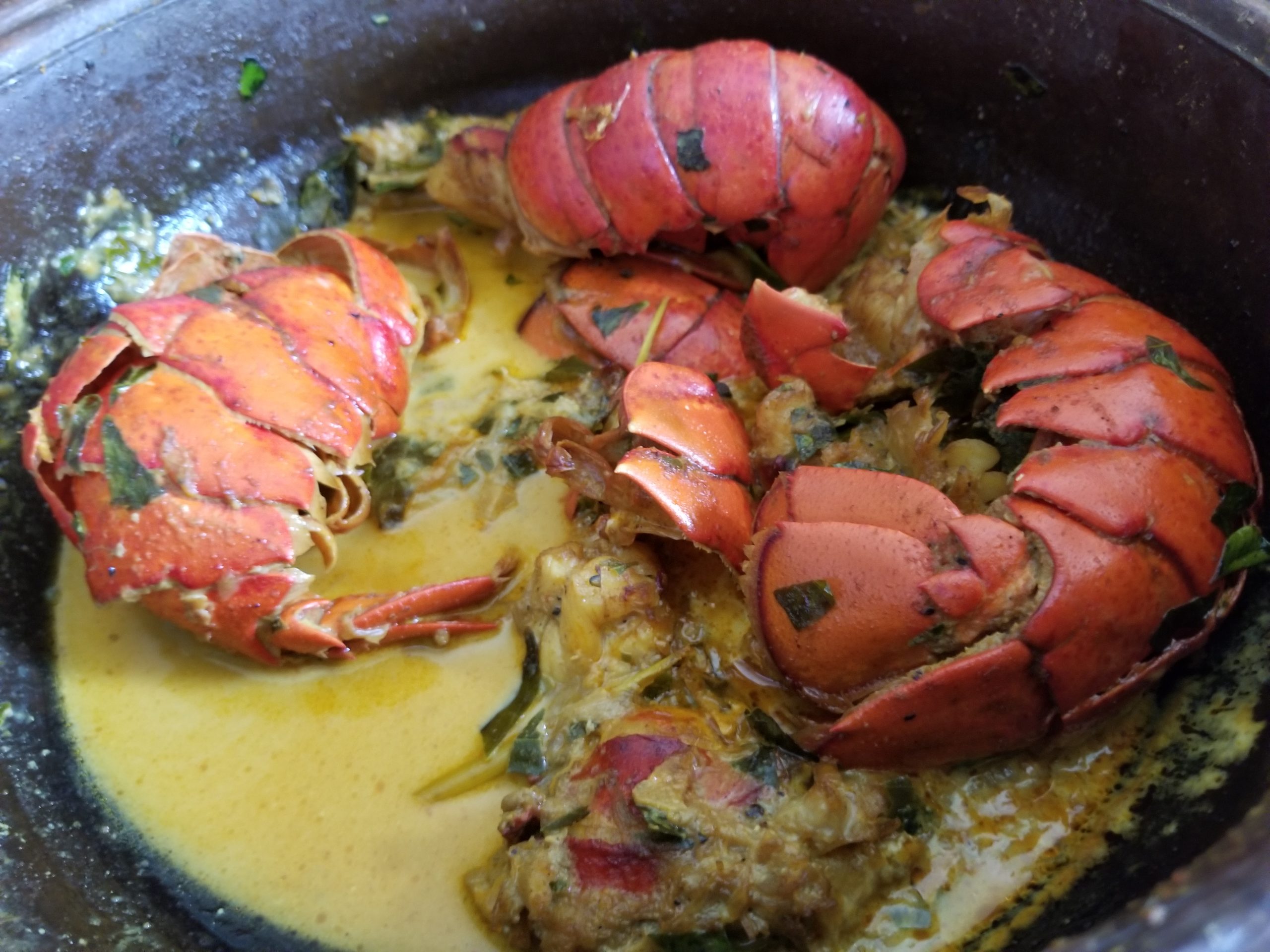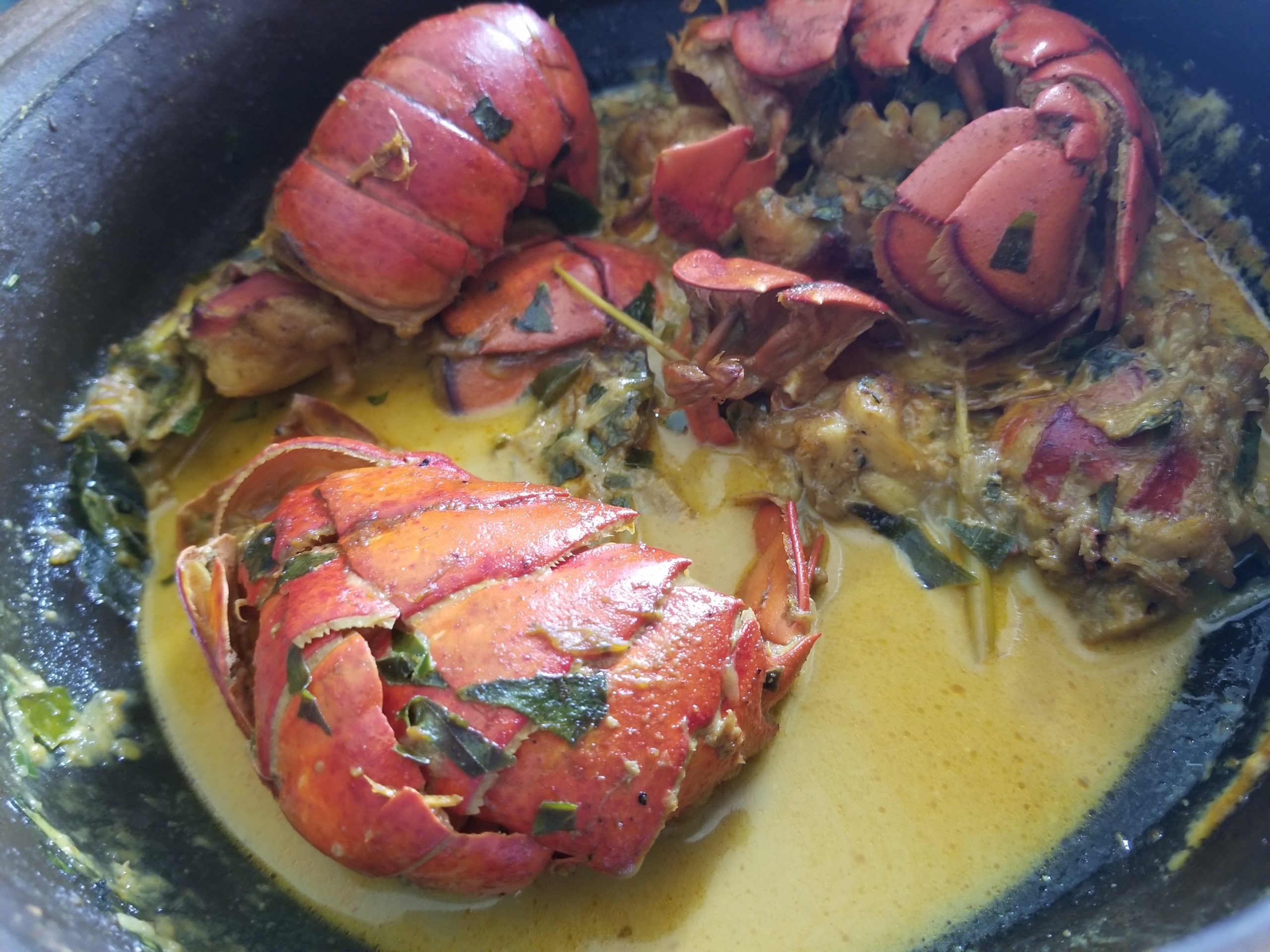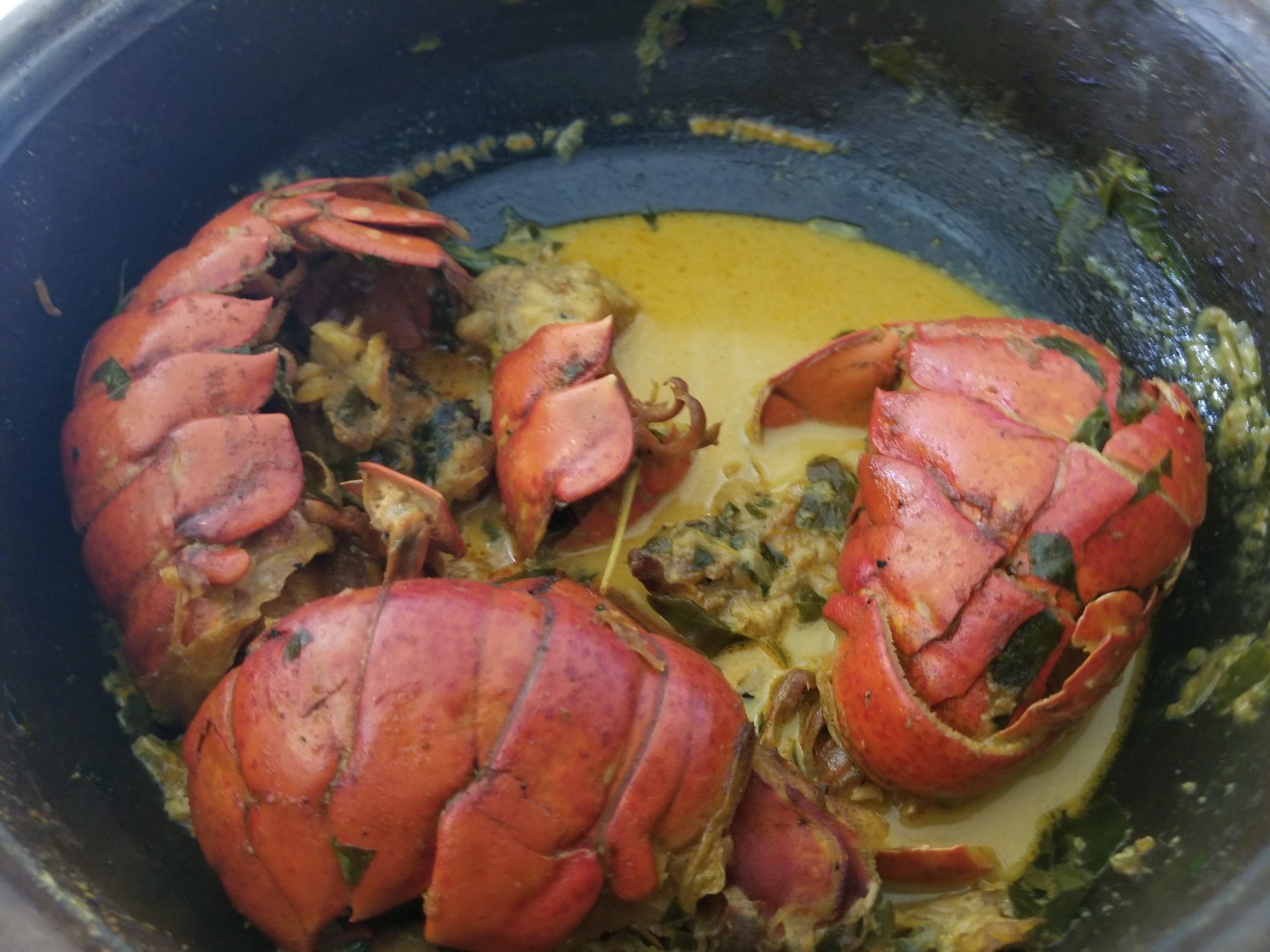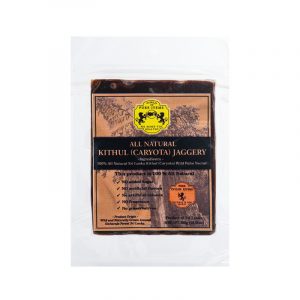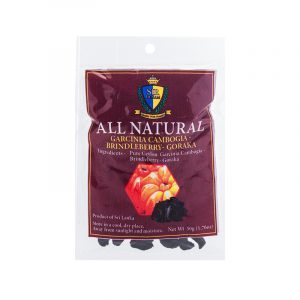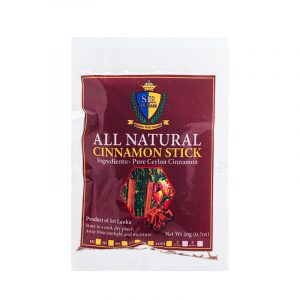Description
No Californian meal would be complete without these high-protein legumes, also called dahl, which soaks up the flavors of coconut milk, lemongrass, and cinnamon. Smooth and creamy, they comprise a perfect protein when eaten with rice. You can vary the consistency of the lentils from thick as oatmeal to watery as soup, depending on how much water you add. You may also add some fresh greens like spinach to the pot at the end for a healthy, colorful variation.
Tempering is a typically Sri Lankan technique that involves infusing a dish with a burst of flavor right before serving. I have read that it comes from the Portuguese, but I see no evidence of this fact in Portuguese cuisine. When we temper the dahl, we add fried onions, curry leaves, some dried chilies, and black mustard seeds (which are considered anti-flatulent, and therefore perfect for legume dishes). I also like to add a teaspoon of raw curry powder, for some added taste. 1. Reducing inflammation 2. Fighting cancer 3. Combating Alzheimer’s disease 4. Boosting your bones 5. Aiding digestion 6. Looking after your heart. 7. Battling bacteria. / 1. Reducing inflammation
Turmeric is the key here. This wonder spice has been used for centuries in Ayurvedic medicine to help treat inflammation, pain, and rheumatoid arthritis. Scientific studies appear to support the idea that turmeric’s active ingredient curcumin is a powerful antioxidant and lowers levels of two inflammation-causing enzymes. Some experts even suggest its powers rival ibuprofen.
2. Fighting cancer
Again, that feisty little curcumin could help to prevent or treat cancers, including prostate, breast, skin, and colon cancer.
A small study on patients with precancerous changes in different organs seemed to show that curcumin could stop these changes from developing into cancer. There’s also evidence that certain cancers are less common in countries where people eat curcumin daily over long periods
Other research indicates that curcumin could even kill existing cancer cells, possibly in conjunction with chemotherapy.
3. Combating Alzheimer’s disease
Because of curcumin’s powerful antioxidant properties, it’s thought to help prevent and treat diseases including Alzheimer’s, Parkinson’s, and multiple sclerosis.
But turmeric also contains another chemical, turmerone, which could also help with these kinds of neurodegenerative conditions by stimulating stem cells to make new brain cells.
4. Boosting your bones
Some studies have suggested turmeric could increase bone regrowth, connectivity, and repair. More research is needed but it could prove to be great news for osteoporosis sufferers.
5. Aiding digestion
But it’s not just turmeric that’s fighting the good fight inside your body after a curry. A cocktail of spices is helping your tummy, with black pepper great for relieving gas and promoting stomach acid, bay leaves and cumin known as digestion helpers, cinnamon soothing diarrhea and vomiting, while coriander is kind to upset stomachs.
Efficient digestion means less wind and lots of good bacteria jostling around in your bowels and doing its job.
6. Looking after your heart
Both cardamom and sweet basil are often included in curry powder and they’re known as vasodilators. In other words, they can lower blood pressure, which means reducing the chance of developing cardiovascular conditions, including atherosclerosis, heart attacks, and strokes.
7. Battling bacteria
Coriander is well-known for its antibacterial qualities. Experts have recommended using coriander oil in the fight against foodborne diseases and hospital infections, so regular curries could help protect you against nasty bacteria too.
It seems a regular curry isn’t just delicious, it could help to improve your health in all kinds of ways. Alongside these benefits though, there are a couple of groups who should beware of the balti.
Curry powder is an anti-coagulant so if you’re already taking blood thinners, check with your doctor before indulging, in case there’s a danger of excessive bleeding. It can also irritate the gallbladder too, so may not be good for people with gallbladder conditions.
Disclaimer – All information is for your reference only, please do your own research and verify.







